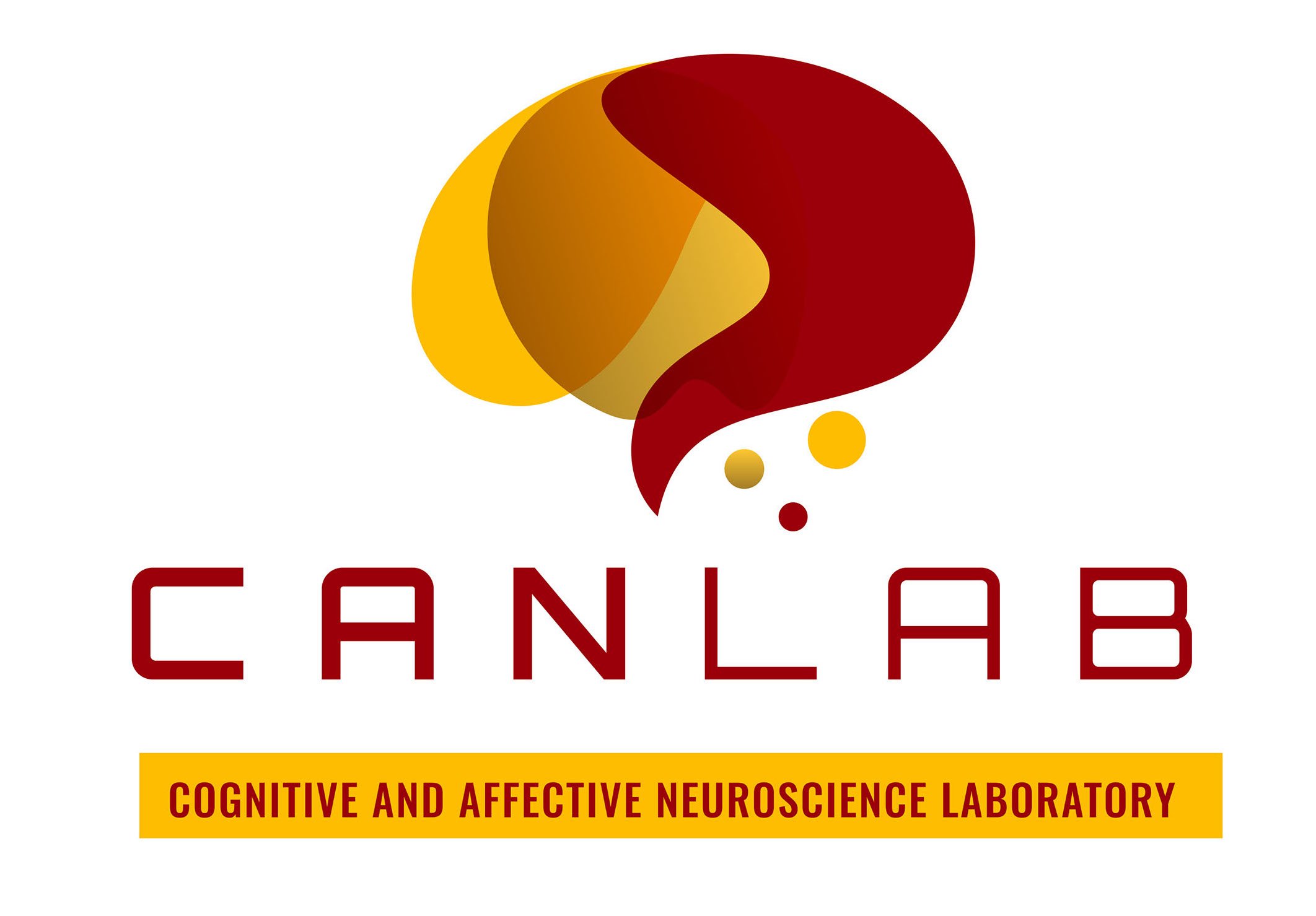2024 PROSE Award Winner - Biomedicine and Neuroscience
Available in English as an e-book, in print, or as an audio book.
Is also has been translated into simplified Chinese, Spanish, and other translations are in the works.
Elizabeth Kensinger on GBH forum network
How do we process and remember emotional experiences?
Nearly every day, we encounter information that triggers an emotional response. Our research examines how such responses influence the cognitive and neural processes that allow us to remember an event. We are particularly interested in understanding the types of details that are remembered about emotional experiences, and in identifying how the affective characteristics of an experience (especially, whether they are positive or negative) influence memory.
Remembering a past event requires a series of processes to unfold: Information must be attended and encoded into memory, resist decay and interference over time, and be reactivated when the appropriate retrieval cue is processed. Our research examines how each of these phases of memory is affected by emotion. We also are exploring possible overlap in the mechanisms by which emotion, self-referencing, and reward influence different phases of memory.
Our research has demonstrated that the effects of emotion are not equal in all individuals; the effects of emotion can be influenced by individual differences in anxiety level or in cognitive control, or by the age of the person. We seek to understand the basis for these individual differences in emotional memory.
Contact Us
➤ LOCATION
McGuinn Hall, Boston College
Chestnut Hill, MA 02467
☎ CONTACT
canlab@bc.edu
(617) 552-6949
We are part of the Boston College Consortium on Translational Research in Learning and Memory. The Consortium is led by a group of faculty in the Department of Psychology & Neuroscience and in the Lynch School of Education and Human Development Applied Psychology Department who are working together to translate research on the basic science of learning and memory into improved learning strategies.
Our Research Approach
FROM THE LABORATORY TO THE REAL WORLD
We combine multiple techniques and levels of analysis. We use controlled laboratory experiments to pinpoint the effects of emotion on memory, but we also are interested in the real world extensions of our findings, assessed through experiential reports and autobiographical memory assessments.
EYETRACKING
We use eyetracking to provide greater leverage on questions regarding the interactions between attention and emotion - We look to people's eye gaze patterns to understand what they find significant about an experience.
MEASURING BRAIN ACTIVITY
We think that studying the brain can give further insight into why emotional memories feel subjectively vivid and contain some details but not others. To this end, we often combine behavioral testing with the use of fMRI and ERP to understand the effects of emotion at both a cognitive and neural level.
PSYCHoPHYSIOLOGY
We use psychophysiological recording, monitoring heart rate, breathing rate, and the sweat response, to provide objective assessments of the emotional reactions that people have during an experience. We are interested in how these responses affect the initial processing of an event and the way the event is remembered.
THE IMPORTANCE OF SLEEP
Sleep is intricately connected to both emotion processing and memory, and when we are deprived of sleep, both can go awry. We use polysomnography and actigraphy to monitor sleep and to examine how sleep enables information to be retained over time,
LIFESPAN DEVELOPMENT
The brain is continually changing, and being changed as we learn from our experiences. We study adults of all ages to understand how a lifetime of accumulated knowledge, as well as the brain changes that accompany aging, affect how we process and remember emotional experiences.
“Remembrance of things past is not necessarily the remembrance of things as they were.”

